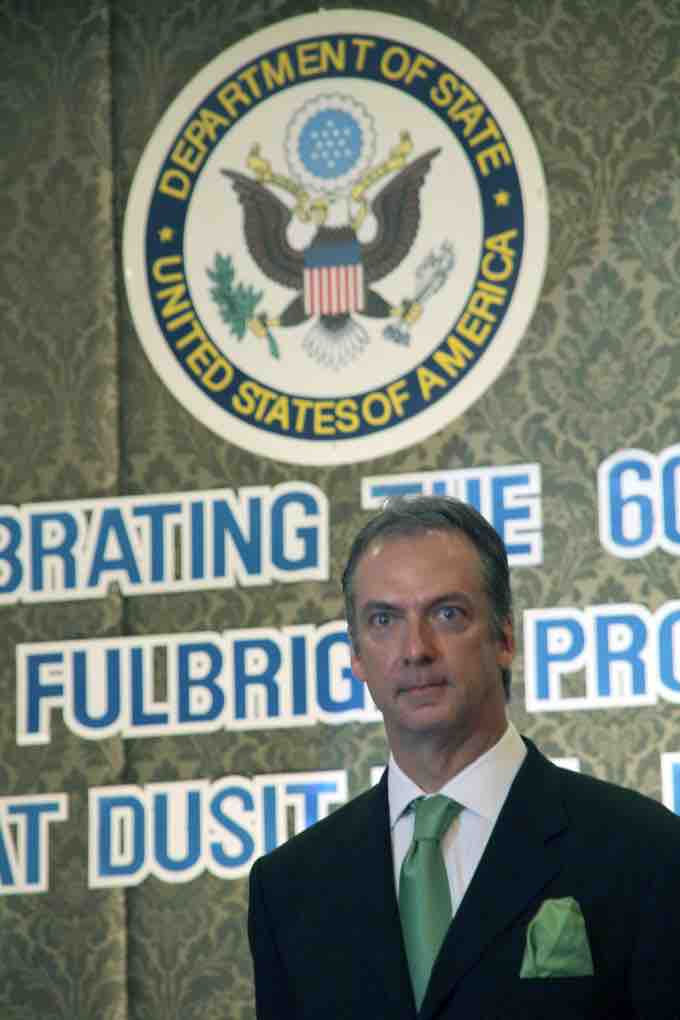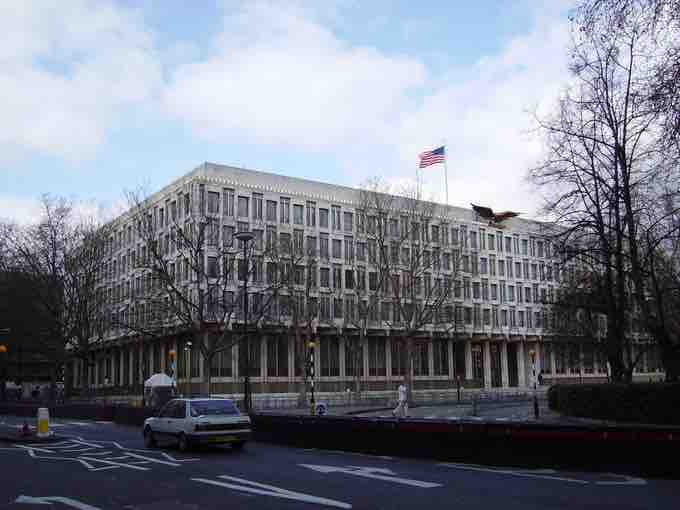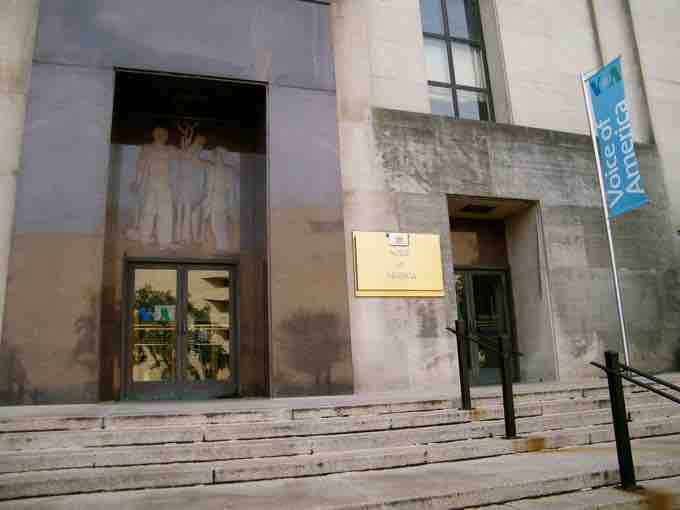Public Diplomacy
Public diplomacy has become increasingly important in modern foreign policy. Public diplomacy-- or people's diplomacy, broadly speaking-- is the communication between foreign societies, intended primarily to establish a dialogue designed to inform and influence. It is practiced through a variety of instruments and methods ranging from personal contact and media interviews to the Internet and educational exchanges.
Public Diplomacy Versus Standard Diplomacy
Standard diplomacy can be described as the way in which government leaders communicate with each other at the highest levels; it is the elite diplomacy we are all familiar with. By contrast, public diplomacy focuses on the way in which a country (or multi-lateral organization such as the United Nations) communicates with citizens in other societies . A country may be acting deliberately or inadvertently, and through both official and private individuals and institutions. Effective public diplomacy begins with the premise that dialogue, rather than a sales pitch, is often central to achieving the goals of foreign policy: public diplomacy must be seen as a two-way street. Furthermore, public diplomacy advocates many differing views as represented by private American individuals and organizations in addition to the official views of the US government.

Ambassadors and Fulbright Scholars
Eric G. John, the U.S. Ambassador to Thailand from 2007-2010, speaks at a reception for Fulbright Grantees in Thailand. As an ambassador and formal representative of the U.S. government, John addresses traditional, elite-to-elite diplomacy, while the Fulbright program emphasizes public diplomacy.
Traditional diplomacy actively engages one government with another government. In traditional diplomacy, U.S. embassy officials represent the U.S. government in a host country primarily by maintaining relations and conducting official U.S. government business with the officials of the host government, whereas public diplomacy primarily engages many diverse, non-governmental elements of a society .

US Embassies
Maintaining an embassy in every recognized country is an important traditional diplomatic task. Depicted here is the U.S. embassy in London, England.
Avenues for Public Diplomacy
Film, television, music, sports, video games and other social/cultural activities are seen by public diplomacy advocates as enormously important avenues for otherwise diverse citizens to understand each other, as well as integral to international cultural understanding, considered a key goal of modern public diplomacy. This goal involves not only shaping the messages that a country wishes to present abroad-- by developing the necessary tools of conversation and persuasion-- but also analyzing and understanding the ways that the message is interpreted by diverse societies.
Instruments used for practicing public diplomacy include broadcasting stations (The Voice of America, Radio Free Europe, Radio Liberty), exchange programs (Fulbright, the International Visitor Leadership Program), American arts and performances in foreign countries, the Internet, and personal contact .

Voice of America
Pictured is the Voice of America headquarters in Washington, DC. Media such as Voice of America seek to influence foreign societies by making American policy seem more favorable. This is a key component of modern public diplomacy.
Globalization and Increase in U.S. Public Diplomacy
Public diplomacy has been an essential element of American foreign policy for decades. It was an important tool in influencing public opinion during the Cold War. Since the attacks of September 11, 2001, the term has come back into vogue and the practice has increased in importance as the United States government works to improve their reputation abroad, particularly in the Middle East and among those in the Islamic world. Numerous panels, including those sponsored by the Council on Foreign Relations, have evaluated American efforts in public diplomacy since 9/11 and have written reports recommending that the United States take various actions to improve the effectiveness of its public diplomacy.
This traditional concept is expanded on with the idea of adopting what is called "population-centric foreign affairs" within which foreign populations assume a central component of foreign policy. Since people, not just states, are of global importance in a world where technology and migration increasingly face everyone, an entire new door of policy is opened.